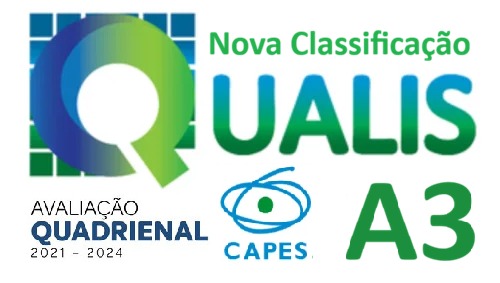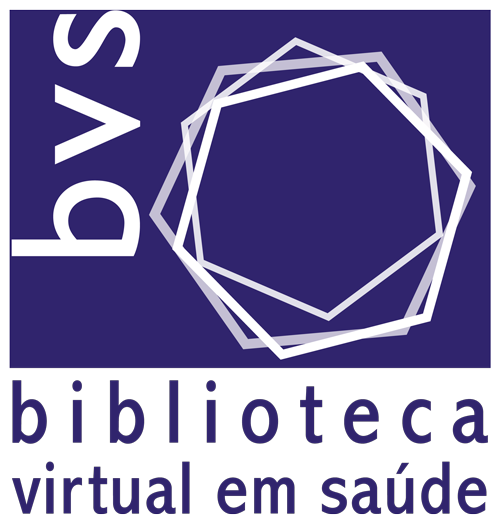Estimation of dose distribution in occupationally exposed individuals to FDG-18F
DOI:
https://doi.org/10.15392/bjrs.v3i1A.75Keywords:
EGSnrc, OEI, FDG-18FAbstract
The use of unsealed radiation sources in nuclear medicine can lead to important incorporation of radionuclides, especially for occupationally exposed individuals (OEIs) during production and handling of radiopharmaceuticals. In this study, computer simulation was proposed as an alternative methodology for evaluation of the absorbed dose distribution and for the effective dose value in OEIs. For this purpose, the Exposure Computational Model (ECM) which is named as FSUP (Female Adult Mesh - supine) were used. This ECM is composed of: voxel phantom FASH (Female Adult MeSH) in the supine position, the MC code EGSnrc and an algorythm simulator of general internal source. This algorithm was modified to adapt to specific needs of the positronic emission from FDG-18F. The obtained results are presented as absorbed dose/accumulated activity. To obtain the absorbed dose distribution it was necessary to use accumulative activity data from the in vivo bioassay. The absorbed dose distribution and the value of estimated effective dose in this study did not exceed the limits for occupational exposure. Therefore, the creation of a database with the distribution of accumulated activity is suggested in order to estimate the absorbed dose in radiosensitive organs and the effective dose for OEI in similar environment.Downloads
Downloads
Published
Issue
Section
Categories
License
Copyright (c) 2015 Brazilian Journal of Radiation Sciences

This work is licensed under a Creative Commons Attribution 4.0 International License.
Licensing: The BJRS articles are licensed under a Creative Commons Attribution 4.0 International License, which permits use, sharing, adaptation, distribution and reproduction in any medium or format, as long as you give appropriate credit to the original author(s) and the source, provide a link to the Creative Commons license, and indicate if changes were made. The images or other third party material in this article are included in the article’s Creative Commons license, unless indicated otherwise in a credit line to the material. If material is not included in the article’s Creative Commons license and your intended use is not permitted by statutory regulation or exceeds the permitted use, you will need to obtain permission directly from the copyright holder. To view a copy of this license, visit http://creativecommons.org/licenses/by/4.0/



























